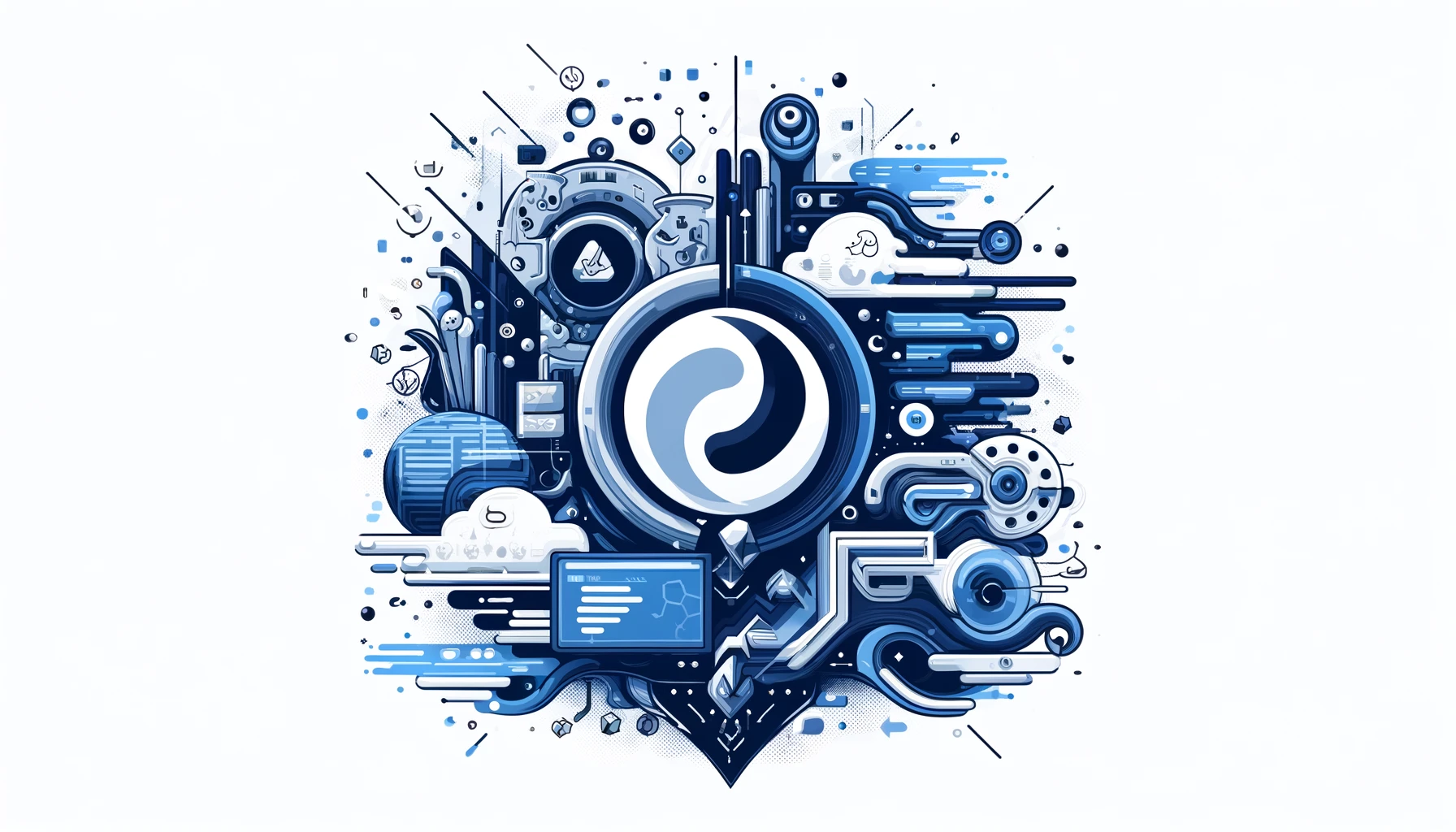
The choice of a PHP framework can significantly shape the direction, capabilities, and ultimate success of any web development project. As one of the most enduring and popular scripting languages on the web, PHP's rich ecosystem of frameworks helps developers streamline application development through structured coding, built-in libraries, and efficient handling of common tasks like database integration and user management.
Among the various frameworks available, Symfony and Laravel have emerged as two leading choices, each with its own philosophy and community. Let’s take a closer look at the origins and evolution of these frameworks to better understand their current state.
A Brief History
- Symfony: Launched in 2005 by Fabien Potencier, Symfony has a long history of providing a robust foundation for building complex web applications. It was designed with the goal of speeding up the creation and maintenance of web applications and replacing repetitive coding tasks with a flexible, scalable architecture. Symfony is renowned for its stability and reliability, characteristics that have made it a preferred choice for many enterprise-level projects.
- Laravel: Introduced in 2011 by Taylor Otwell, Laravel was created to address some of the perceived deficiencies in other frameworks at the time, particularly around ease of use and a more modern development experience. It quickly gained popularity due to its expressive syntax, elegant codebase, and more aggressive adoption of new PHP features. Laravel’s focus on simplicity and productivity has made it especially popular among startups and mid-sized projects.
Why Choosing the Right Framework Matters
Selecting the right PHP framework is crucial because it influences not just the development process but also the long-term maintenance and scalability of the application. A framework structures your development approach and can significantly impact the speed of development, response to security issues, and the ability to adapt to new requirements or technologies.
With Symfony and Laravel, developers have access to sophisticated ecosystems, but each comes with its unique strengths and learning curves. Understanding these can help in making an informed choice that aligns with project requirements and team expertise.
Similarities
Both Symfony and Laravel are built on the MVC (Model-View-Controller) architecture, which promotes organized and maintainable codebases. They share several core features:
- Routing Systems: Both frameworks provide efficient URL mapping tools that facilitate seamless navigation within applications.
- ORM Support: Symfony integrates with Doctrine, and Laravel with Eloquent, to simplify database interactions.
- Template Engines: Symfony uses Twig, and Laravel uses Blade for clean and efficient view rendering.
- Command-Line Interface (CLI): They include CLI tools that aid in tasks like scaffolding and database migrations, enhancing development efficiency.
- Middleware: This feature enhances security and flexibility by filtering HTTP requests.
- Dependency Injection: Both frameworks support dependency injection to encourage modularity and testability.
- Testing Support: Symfony and Laravel offer comprehensive tools for unit, integration, and functional testing.
- Security Features: They include built-in features to mitigate common web vulnerabilities.
- Active Communities: Both frameworks boast vibrant communities that ensure extensive documentation and developer support.
Differences

While there are many similarities, the frameworks differ significantly in philosophy and practical application:
- Philosophy: Symfony prioritizes flexibility and modularity, ideal for developers who need control and scalability. Laravel, on the other hand, focuses on simplicity and rapid development, catering to developers who value ease of use and quick project turnaround.
- Learning Curve: Symfony’s comprehensive feature set might intimidate beginners, presenting a steeper learning curve. Laravel is generally more accessible to newcomers.
- Community and Ecosystem: Symfony has a larger, more mature ecosystem, while Laravel offers a more streamlined, albeit smaller, development experience.
- Performance: Symfony often exhibits marginally faster performance, although the difference is negligible for most projects.
- Convention over Configuration: Laravel’s design favors convention, which can speed up development by reducing decision fatigue. Symfony provides more flexibility but requires more configuration.
- Tooling: Symfony is known for its depth in tooling options, whereas Laravel’s tools are often seen as more user-friendly.
- Release Cycle: Symfony offers long-term support (LTS) versions, providing stability for enterprise applications. Laravel’s frequent updates keep it cutting-edge but may require more maintenance.
- Preferred Use Cases: Symfony is typically favored for complex, enterprise-level applications due to its robustness and flexibility. Laravel is better suited for small to medium-sized projects where development speed is crucial.
- Documentation: Both frameworks provide excellent documentation, but Laravel's is particularly noted for its user-friendly approach, making it ideal for beginners.
Conclusion
Choosing between Symfony and Laravel depends largely on your project requirements, team expertise, and preferred development approach. If your project demands rigorous, fine-tuned control and scalability, Symfony might be the way to go. For faster development cycles and ease of use, Laravel could be more appropriate.
We'd love to hear about your experiences with these frameworks! Share your thoughts in the comments, or reach out to discuss potential collaboration opportunities. Your insights enrich our community's knowledge and contribute to more informed framework choices in the future.


0 thoughts on "Navigating PHP Frameworks: A Detailed Look at Symfony and Laravel for Modern Web Development"